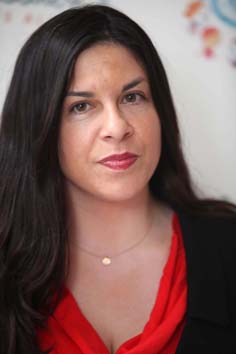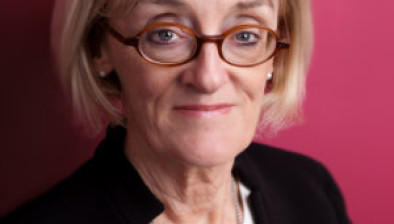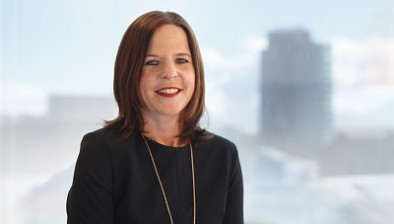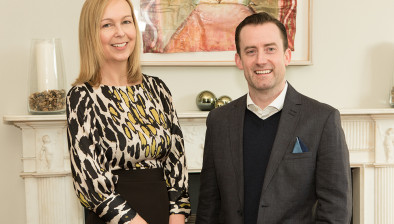Children, young people and families ‘struggling to navigate’ family law system

Tanya Ward
Children, young people and their families are “struggling to navigate” a family law system that is “crying out for reform”, the Children’s Rights Alliance has warned.
The alliance today launched the first annual report of its helpline and legal advice clinics, which aims to help ensure all children have access to free legal information and advice when they need it, regardless of their location, status or situation in Ireland.
Children as young as nine years old have contacted the helpline, which was launched in March 2018.
Chief executive Tanya Ward said: “Our Access to Justice service helps children, young people and their families directly through our helpline and legal advice clinics. It also identifies the areas in which families need further support such as disability, education, child protection, children in care, and housing and homelessness.
“What this year’s report points to are potentially significant problems within the most pivotal systems in our society: our legal system, our education system, our healthcare system. None of these were built with children’s rights blueprints and now we are starting to hear from the children and families who are falling through the cracks.”
According to the report, 15 per cent of calls from children and young people and 27 per cent of queries from parents and guardians were about family law issues.
Ms Ward said the findings showed that young people “are being pushed out of a family law system that is crying out for reform”, adding: “We have heard from young people worried that their voice was not being heard in family law proceedings.
“This was echoed by parents, who are often unaware of their child’s rights in access disputes. We have heard from both children and parents about the stress and anxiety access visits can cause when the child does not want to visit the other parent. We need courts that are family-friendly to provide necessary information and guidance for families going through these proceedings.”
Education was the top issue being addressed at Children’s Rights Alliance legal clinics, with recurring trends including disputes with schools and the difficulty securing places in appropriate schools. In the area of disability, many parents contacted the legal clinics in a situation where their child has been put on reduced hours in school.
One in five queries from children and young people related to immigration, including incidences of racism, requests for information about transferring from a Direct Provision centre, advice on the rights of unaccompanied minors and the rights of undocumented children.
Over 10 per cent of calls related to child protection, including issues parents have with Tusla, the Child and Family Agency, and how they have handled their case.
Ms Ward said: “This report is the tip of the iceberg when it comes to issues facing children, young people and their parents. We will continue to document emerging trends and areas of concern from our helpline and fill the gap in service provision providing free legal advice specifically on children’s rights through our legal advice clinics.
“However, it is clear that in the areas of family law, child protection, education and disability, a lot more needs to be done to ensure that these systems serve the young people coming to them often at very vulnerable points of their lives.”









